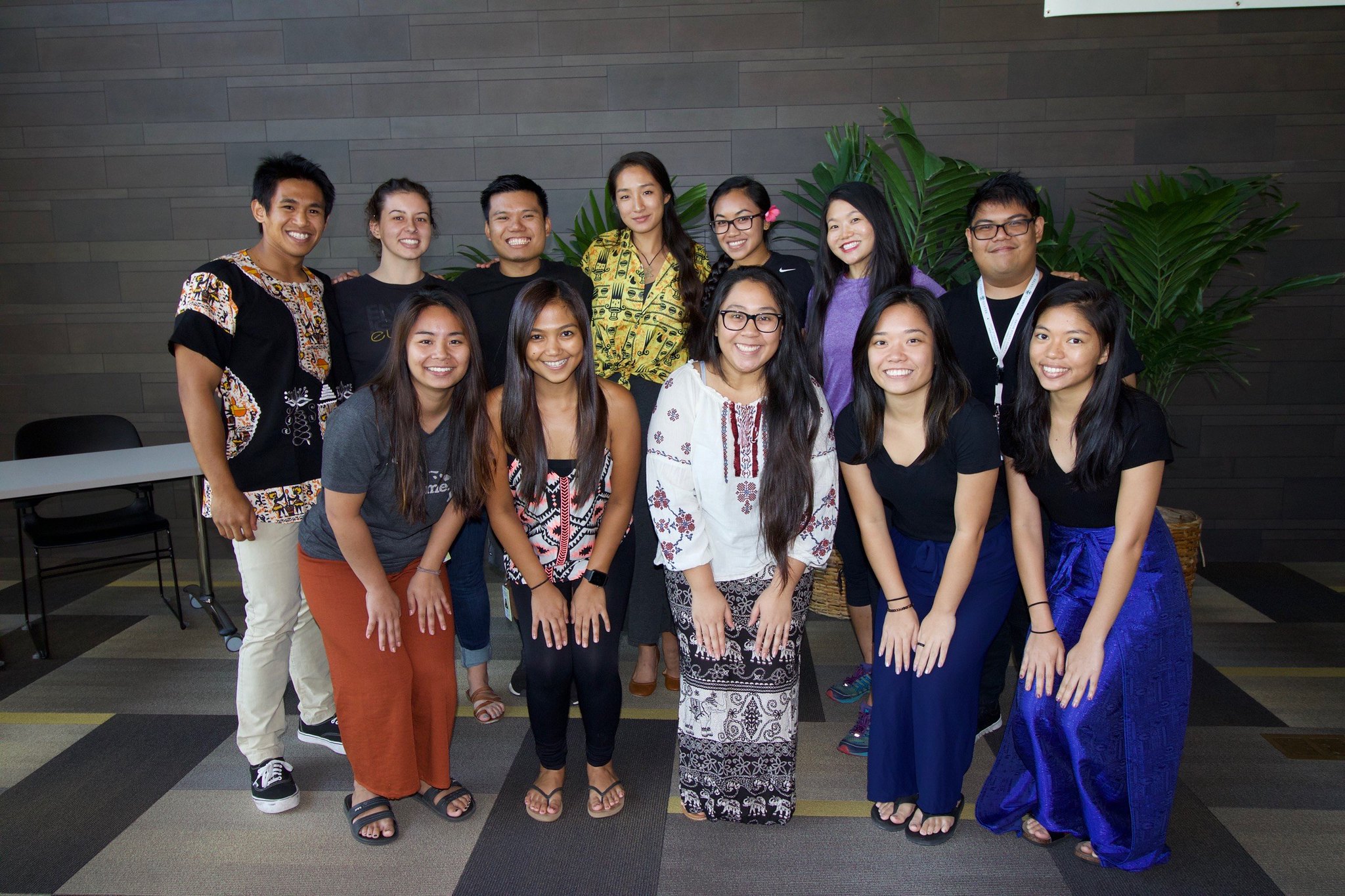
April is National Minority Health Month! The University of Hawaiʻi John A. Burns School of Medicine (UH JABSOM) offers two unique programs to help educate students from underrepresented communities on an undergraduate level. The Minority Health Research Training Program (MHRT) and Maximizing Access to Research Careers (MARC) are both offered at the University of Hawaiʻi at Mānoa. It provides pathways for students who are interested in biomedical and STEM programs. Angela Sy, Dr.P.H, associate professor JABSOM’s Department of Tropical Medicine, Medical Microbiology, and Pharmacology, gives us more details on both programs. Read more below:
Can you describe what the Minority Health Research Training Program (MHRT) and Maximizing Access to Research Careers (MARC) are?
Minority Health Research Training Program (MHRT) is an 8-month research training program for underrepresented students. [They] participate in a Spring course, pre- and post-summer research training workshops, and a 2-month summer mentored research, out-of-state research experience.
Maximizing Access to Research Careers (MARC) provides research training and mentoring for underrepresented STEM students by providing 60% tuition support, a monthly stipend of $1160, and a 2-year mentored research project.
What are the goals of both programs?
The goal of MHRT and MARC is to increase student underrepresented in research to pursue biomedical and STEM careers including graduate studies.
How are the programs related to JABSOM?
The Department of Tropical Medicine, Medical Microbiology, and Pharmacology was awarded the MARC (5T34GM141986-02) and MHRT (5T37MD008636-09) grants by the National Institutes of Health. These programs are pipeline programs for the department.
How many students from either program have gone on to JABSOM to become either PhD or MD candidates?
Ten [previous trainees] have gone on to JABSOM as medical degree candidates. Two more have gone on to [pursue PhDs]. Several students have gone to JABSOM Master of Science (MS) and certificate programs. Students have also been enrolled in MD and PhD programs on the continental U.S.
How significant has it been to have participants from under-represented minorities take part in each program? Do you feel it has encouraged more students from the same groups to apply?
Eligibility for both programs are [open to] underrepresented students. Word-of-mouth by peers has been the most successful recruitment strategy.
Is there any information you would like to share that we missed?
Please visit our MHRT and MARC website (see links below) and feel free to contact us (MHRT | MARC) with any questions you may have.
———————————-
If you are interested in applying or would like more information on either program, you can visit the following links:
Minority Health Research Training Program
Maximizing Access to Research Careers Program
Stay turned to hear from current trainees in the program to learn more about the program from their perspective. Check out our video on the MHRT program and click here for student testimonials.
MHIRT Program sends college scientists to do research across the globe